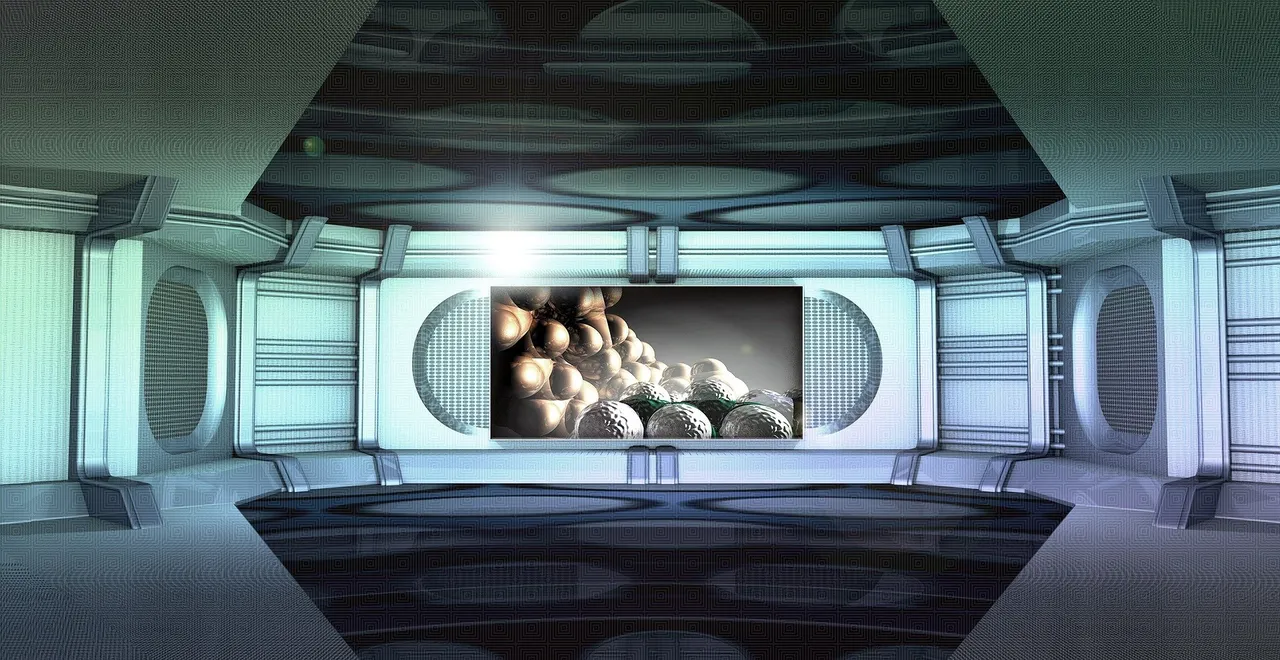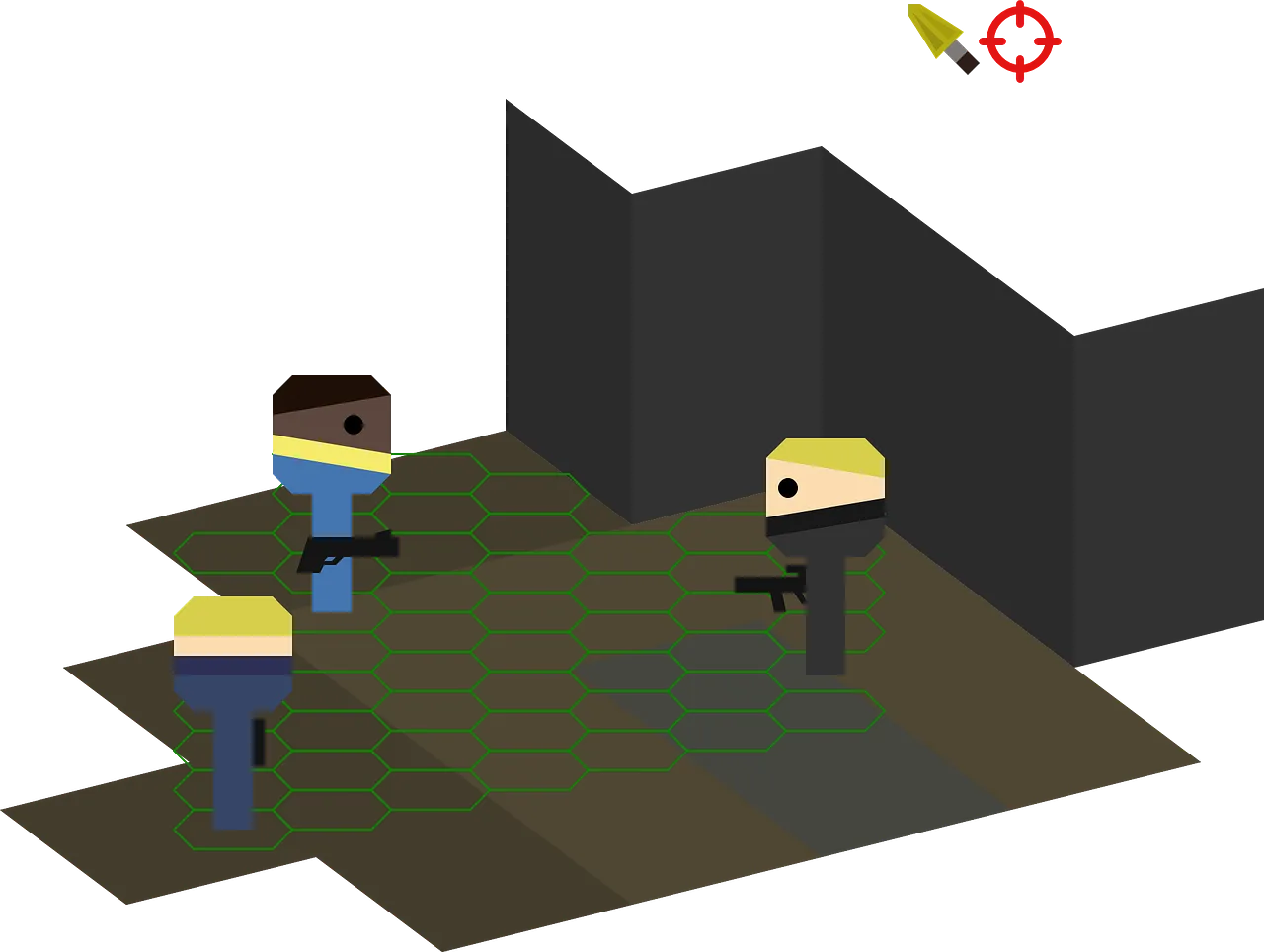
Is it possible that the world we live in isn’t real? Is it likely? I love thinking about these kind of issues, and they are in the limelight thanks to Elon Musk’s comments at a recent conference.
At first listen, most people dismiss this theory immediately. Our intuition resists the idea that our world is not closely represented by our perceptions. We all feel a strong sense that the world we see is “real” and not merely a simulation.
In many ways, the “we are in the matrix” hypothesis isn’t that different from Rene Decartes’s famous “Evil Demon” thought experiment.

How do we know that the world of our perceptions isn’t just a trick of some evil demon making us see things that aren’t there? What evidence can we point to to find any certain truth? Descartes never comes up with a great answer, and replacing the demon with a computer makes the hypothetical more compelling to our modern day sensibilities.
Musk’s argument is that all advanced civilizations will eventually create countless simulated realities (as a video game designer, I can’t argue against this claim). Since for every one advanced civilization, there will be millions of simulations, it is not just possible that we are in a simulation, but it is most likely the case.

This argument is hard to resist, unless you believe
A. Technological progress will stop
B. It is impossible to build a simulation that seems like the world we live in.
Neither of the above seems like a plausible argument. Even if you don’t buy that we are probably in a simulation, it is impossible to prove that we are not in a simulation. Any evidence you can present could just as easily be a part of the simulation itself. Thus, we must face the possibility directly.
On a deeper level, there is an argument that even if we are in the real world, our perception has not evolved to see it truly as it is, but instead only to represent the world in a way that is evolutionarily advantaged.
Just like the way our desktop represents our computer contents but of course is not actually our computer contents (i.e. there is no yellow folder in the left corner of the screen), so too does our image of an apple not represent any actual apple in the world, just the fitness algorithm for something edible. This TED talk discusses the concept in more detail.
So where does that leave us? I think trying to answer the Matrix question via physics is impossible. We can continue to investigate deeper and deeper into the nature of reality, but it is not possible to ever hit rock bottom and have certain access to reality. The answer to the question “Are we living in a simulation” is thus not as fruitful as the philosophical question “What does it mean to live in a world that might be a simulation?”
I’ve come to the position that the absolute nature of reality is not actually relevant to making meaningful claims about the world. Whether we are in a simulation or not, we can only speak about our perceptions and can never with absolute certainty relate them to anything beyond our perceptions.
We can still enjoy the taste of an apple, love our spouse, and have hopes and dreams for the future, even if none of those things are real. It is our perception that makes them real. This allows us to be agnostic to the simulation or evil demon question, and helps to ground our reality on the experience itself, rather than whatever is behind the curtain.
I recognize that this position opens me up to some strange corollary beliefs. One question helps illustrate the dilemma: If you could be given the option to live an ideal life inside of a simulation (assuming you could be made to forget it is a simulation) would you choose to do so?
My gut tells me no, I want to be in the real world, but my argument above tells me otherwise. How would you answer this question? If a simulated paradise is superior to a mediocre reality, how does that impact your view of present day virtual worlds and people who spend their whole lives in social media? We often mock people who spend their lives in the computer, but are these forms of life really less valuable than the real world? If so, what makes them so?
Whether real or illusory, this world brings with it countless amazing experiences, choices, and interactions. Time spent investigating the nature of reality is a worthwhile pursuit, but never forget to enjoy the life you have during that time. If there is one thing I’ve learned from a life of gaming, its that you can have meaningful and important experiences even in a made up world.

